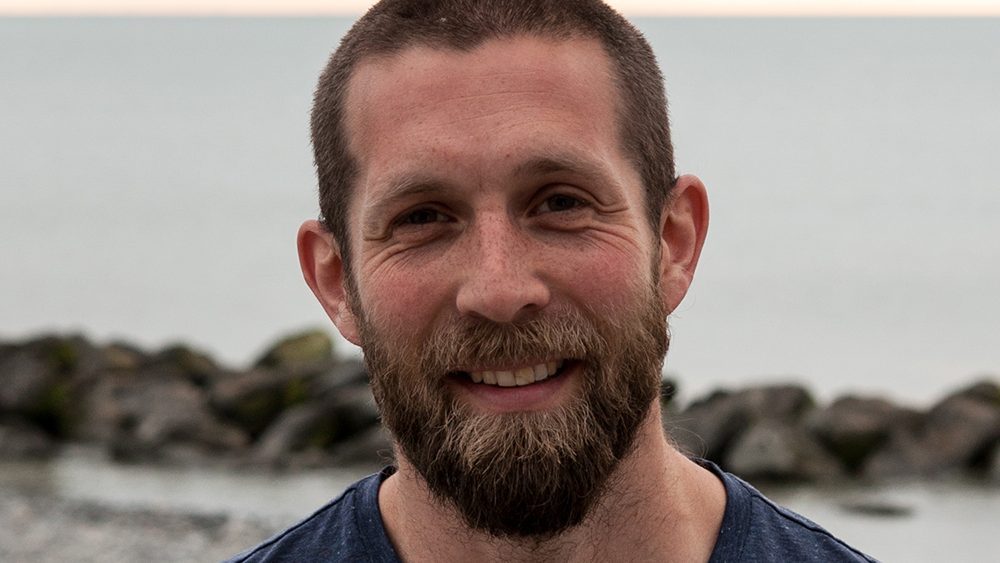Guest blog from philosopher and long-time Centre for Thriving Places associate Sam Wren-Lewis
During my time as Head of Research and Development at Centre for Thriving Places, I helped develop the Happiness Pulse and Thriving Places Index – two world-leading tools for measuring wellbeing. The idea driving both tools is that what we measure is what we focus on. If we don’t measure something, we’re less likely to take action on it.
On a national level, for instance, if we only measure GDP growth (how much the economy has grown), we’re likely to miss out on other important things that matter, such as “the health of our children, the strength of our marriages or the intelligence of our public debate” as Robert Kennedy so memorably put it.
The key advantage of wellbeing measures is that they seek to include all the things that matter to us. When the UK developed its national wellbeing programme in 2010, they ran a large scale public consultation asking thousands of citizens “What Matters” to them. The result was a list of the things that people most care about – things such as health, relationships, community, wealth, security, meaning, equality and sustainability. This is a huge improvement on simply measuring the success of the nation on its economic productivity.
However, I don’t think the story should end there. I left my role Centre for Thriving Places three years ago to write a book called The Happiness Problem, which has just been published by Bristol University Press. In the book, I argue that we are currently thinking about happiness in the wrong way. We all have a list of things in our head which we think if only we could achieve, then we’d be happy. We tend to approach it as though it’s a list of requirements we need to meet in order to be happy- if only we had a good job, a loving relationship, a healthy body, were less stressed, and so on – then we’d be okay.
Not only is this way of thinking about happiness too simple, it’s also potentially harmful. The problem is that the more we focus on the list of things in our head, the less we focus on the other things in life that matter. We may fail to realise the value of the things we already have – that, in many ways, our lives are already good enough. We may fail to take the many opportunities we have each day to improve our lives – to be curious and explore the world around us. And we may fail to take the harder, riskier options, choosing instead to stick with the items on our to-do list that offer more guaranteed forms of success – perhaps only realising too late that we failed to live up to our deeper priorities.
Of course, by focusing on the list of things in our head, we can still improve our lives, and we might even become a bit happier. But, in the process, by narrowly focusing on the things we think will make us happy, we are likely to blind ourselves to what’s already bringing us happiness or might unexpectedly lead to personal growth, positive change or a new type of joy.
I think we can say the same thing about measures of wellbeing. Measuring the things we care about on a local or national level is clearly an improvement on measures of GDP. But if we focus only on the things on these lists of what matters, we risk closing ourselves down to the possibility that we don’t yet have all the answers, that societal change is complex and so are human responses to that change.
One of the most common regrets of people towards the end of their lives is that they spent too much time working and not enough time with loved ones. We can take two lessons from this. First, we can recognise that spending time with friends and family is as important, if not more, important as financial security. Second, people can easily spend almost their entire lives, failing to appreciate this fact – it is only at the end of their lives that they come to realise the mistakes they’ve made.
We can see measures of progress in a similar way. First, we can learn that there is more to life than GDP – we should measure all of the things we care about. Second, we may fail to see the value of some of the things that matter for long periods of time, even if they are the most important. Not only do we need to measure what matters, we also need to value the process of discovering what matters.
In my book, The Happiness Problem, I look at how we can improve our lives without blinding ourselves to what really matters – both on an individual and social level.



Comments are closed.